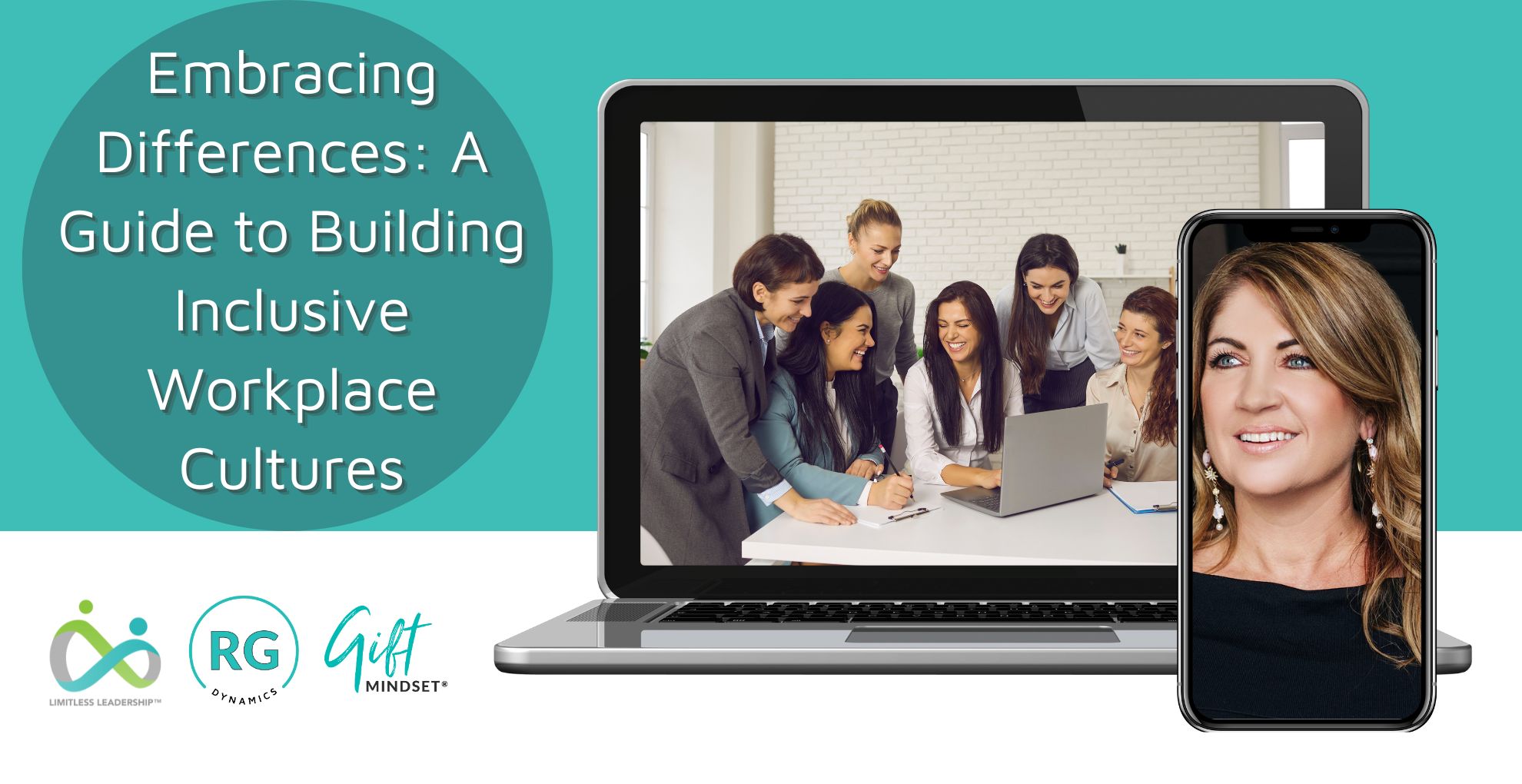Leadership starts with you. It is an inward job, and we need to lead ourselves before we can lead decisions and teams.
Limitless Leaders learn, unlearn, relearn, and constantly evolve.
They focus on self-growth to ensure they are learning and contributing to others.
To be LIMITLESS, we need to focus on our energy on what I call the 5 Dimensions of Energy. To do this, we need to apply tools, new habits and enablers that allow us to ensure that our mental, physical, emotional, social, and spiritual energy is topped up.
Sometimes, it is good to pause and look at why you are doing what you do.
As part of our transformational Limitless Leaders programs, we focus on 10 key tools and strategies to create more ease, headspace, time, and stronger leadership. Below are the 10 LeaderShift strategies to allow you to implement these and create habits and awareness of bringing them into your daily work life.
1. Delegate what you like doing
We often delegate what bores us, but instead, we should delegate something we are no longer learning from. As a leader, I think it’s selfish not to do this. Delegate as part of a master plan by understanding the skills of your co-workers and tapping into these—delegate based on strengths. Letting go of something you have learnt can empower others and free up your time to focus on progressive tasks often neglected.
2. Adopt a Gift Mindset to grow and empower others
The Gift Mindset allows us to share the lessons gleaned from the challenges, mistakes, and successes we encounter in the workplace. This helps us replicate success by sharing best practices and learnings, as our lessons could be a survival guide for someone else. Create “Win Wednesdays”, where you and the team share successes and how these came to be and “Failure Fridays”, where mistakes and challenges are shared and key learnings are discussed. Sharing our gifts increases psychological safety, connection, and collaboration.
3. Create self-growth habits
The world is your oyster when it comes to learning on and off the job. Create self-growth habits to progress you and others forward. Embrace change and get comfortable getting uncomfortable. Create a reading habit, listen to podcasts, join an industry association and share learnings. Reframe challenges as growth opportunities and use these lessons to progress forward. Share your learnings with your peers or team.
4. Manage yourself to manage time
Time is inelastic; we all are given the same amount. On any day, we are given 32 sets of 25-minute blocks; this equates to 160 opportunities per week to set aside focus time. Title each chunk of time with the focus or objective and shut down all programs except the one you are working in. Chunk your diary and jealously protect your time. Be intentional and planned, and see what happens! Know your energy vampires; who and what drains your time?
The Pomodoro technique is great for individuals and teams. Use a timer to break your work into 25-minute intervals and watch productivity lift.
5. Communicate and build rapport to connect
Rapport is about connection and equates to influence. More than ever, we need to ramp up “real” in-person connections. Take the time to focus on similarities and minimise differences. Ask how people are, be present, and listen. Communicate openly, clearly, and consistently. Think about the first 12 words you say when you open a conversation; make these impactful, not a mundane greeting. Think about your first twelve steps when you walk into a room. Ensure your energy is higher than the room’s, and your posture is friendly and open. To lead the room, you need to read a room. These things can set the scene and determine the first impression you make.
6. Spread the energy of optimism
Optimism is contagious and a key trait in successful people and leaders. Smile and laugh like an optimist; this increases mood and your immune system and affects others around you. Think about what makes you optimistic, as this can raise your optimism levels. Reframe the mundane greeting of “How are you?” to “What’s the best thing that’s happened today?” Being grateful gets you to focus on what you do have, and the practice of gratitude can raise optimism.
7. Do what lights you up
Too often, people do what they are good at but not necessarily what they are good at and enjoy. There is a big difference. Since we spend, on average, 90,000 hours at work in our lifetime, this needs to be a priority. Identify the things that light you up and energise you at work. Know what doesn’t light you up and leverage this from others. Do these things as often as possible and satisfy these to ensure happiness, fulfilment, and effectiveness in the role. If you are leading a team, ask them what lights them up. Leverage this for limitless success.
8. Unwrap the gift of curiosity
Curiosity is the portal to exploring, learning, and bringing ideas to life. Instead of thinking of things as a statement such as “That team is amazing”, flip this to a question such as “What makes that team amazing?” This turns the thought from observation to provocation, where we ask questions, seek information, and explore the idea or thought further. This can increase innovation, creativity and sharing of best practice in the workplace. Creativity leads to connection and co-creation, with the by-product being collaboration.
9. Debate with intent trumps harmony for comfort’s sake
Got something to say, say it!
Too often, we don’t voice our opinions, ideas, or mistakes as we fear judgment and rejection. Focus on what this costs you, your team, and your organisation. To be in service, we need to lead out loud and share our ideas and thoughts by explaining the “why” and the story behind them. Expression in the workplace is needed; suppression stifles culture. We have a new game that explores the fun and thought-provoking ways to bring this to life.
10. Coach others to delegate thinking
The best organisations have an “asking” culture vs. a “telling” one. By asking questions, instead of giving the solution, you are delegating thinking, empowering others, creating future leaders, and freeing up your time to focus on the things that matter. When people can think for themselves, this increases confidence, risk-taking and stronger leadership. Ensure you have formal and informal coaching conversations in play and lose the need to be the all-telling leader instead of the all-asking one.
Enjoy bringing these strategies and tools to life.
Lead to be Limitless!





